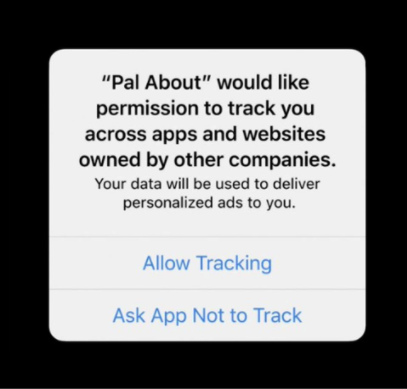iOS 14 changes
At WWDC 2020, Apple announced that iOS 14 will require users to opt in to tracking. This means that the IDFA will only be present for users who explicitly opt-in. It's likely that the percentage of users who choose to do so will be relatively low.

This article covers some frequently asked questions about Apple's iOS 14 IDFA changes.
Does Amplitude accept IDFA (Identifier for Advertisers) as the device identifier on iOS?
For anonymous users, there will be no changes in most cases, because the vast majority of Amplitude customers do not set IDFA as the device ID. For customers who are doing this, the device ID was stored when the SDK was originally initialized, and it will continue to send Amplitude the same ID as long as the application remains installed on the device. If a user deletes and reinstalls an application that does use IDFA for device ID, the former device ID will not be retained. Instead, a new random device ID will be generated, unless the user grants the application permission to use IDFA. For all new application installs, the SDK will accept IDFA if both the user has opted in and the application chooses to use IDFA.What are the implications of Apple’s IDFA changes on user tracking?
It's likely that some attribution vendors will stop sending any individual attribution events. However, it's unlikely that aggregated data will be sent to Amplitude (due to the nature of the platform itself), unless customers or attribution vendors can segment that data and use it to set user properties. Does Amplitude require IDFA on attribution events?
How will this affect outbound integrations?
February 21st, 2026
Need help? Contact Support
Visit Amplitude.com
Have a look at the Amplitude Blog
Learn more at Amplitude Academy
© 2026 Amplitude, Inc. All rights reserved. Amplitude is a registered trademark of Amplitude, Inc.